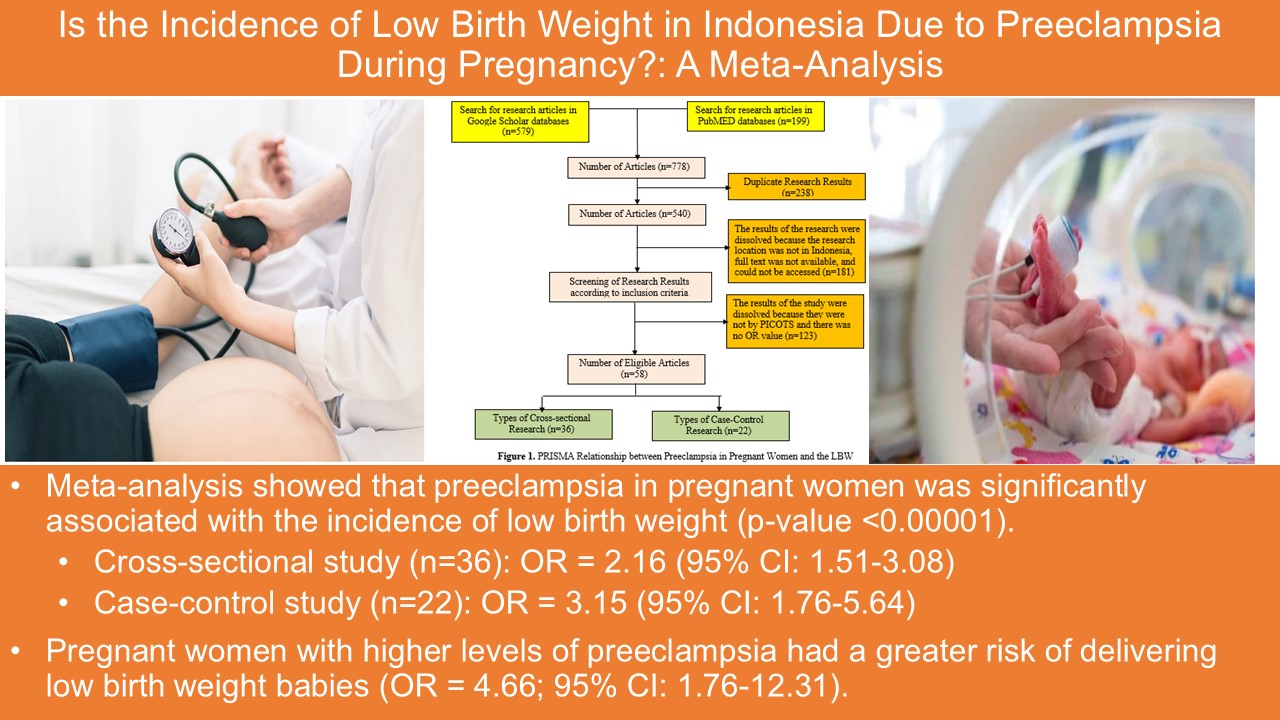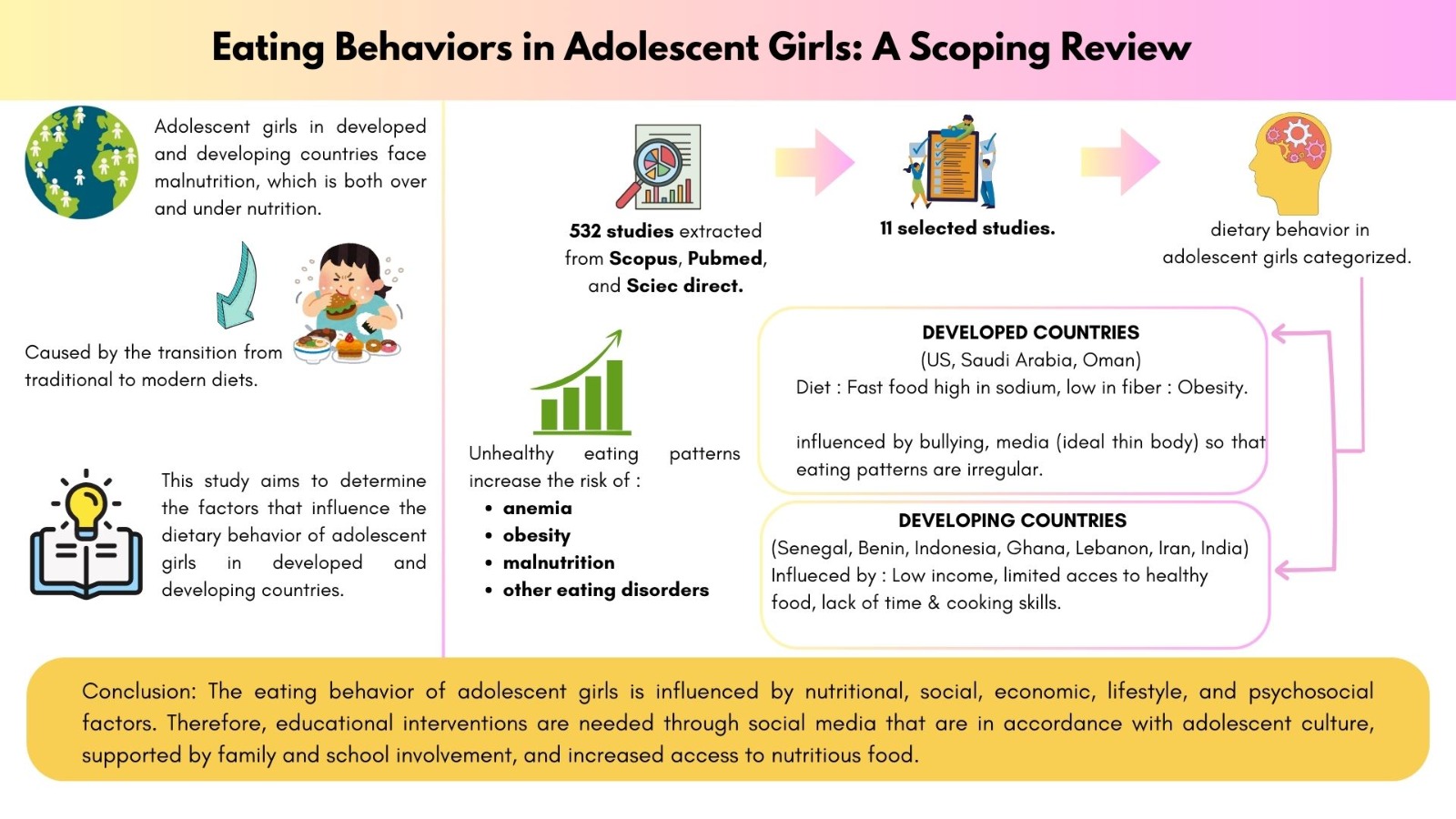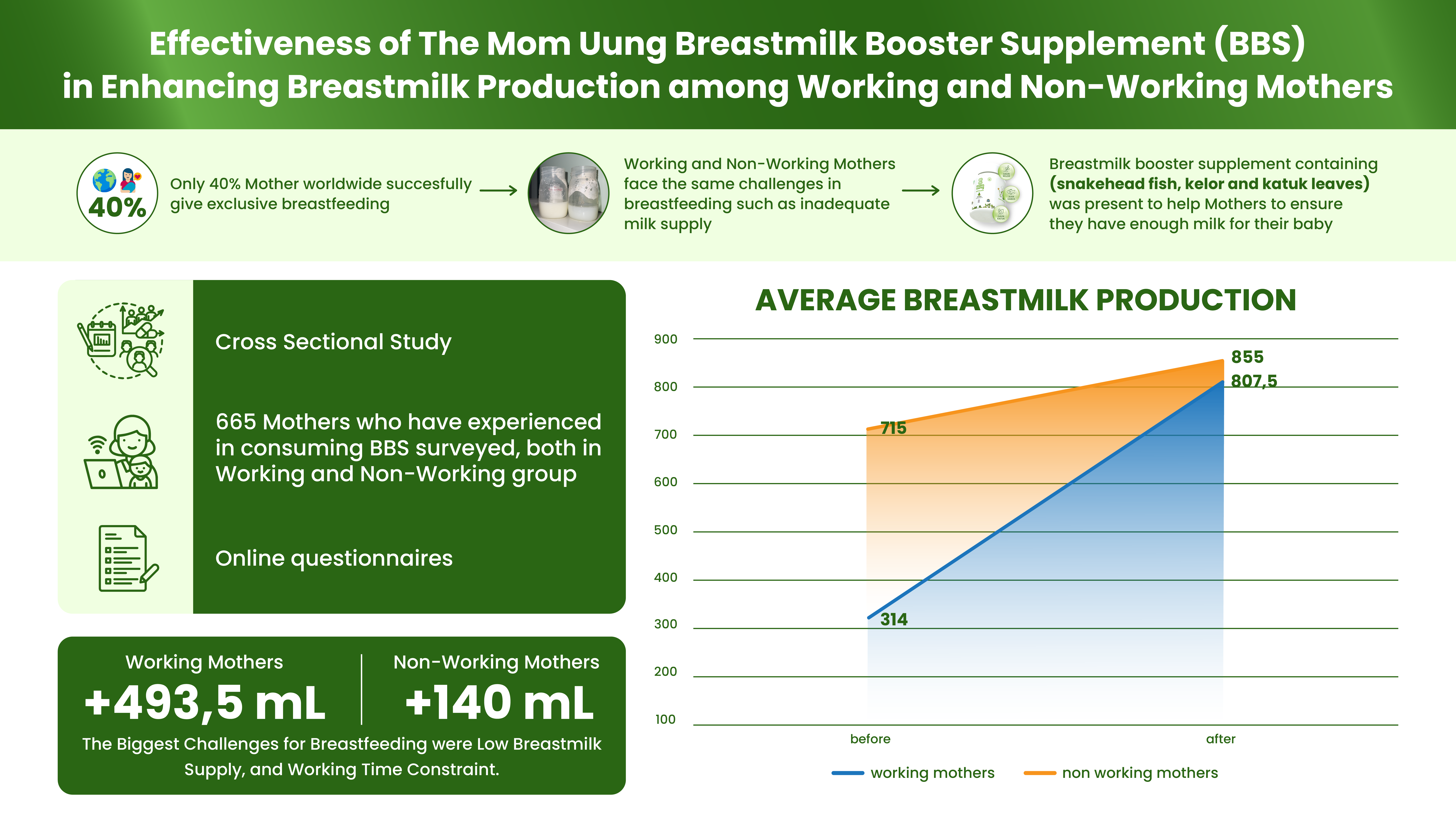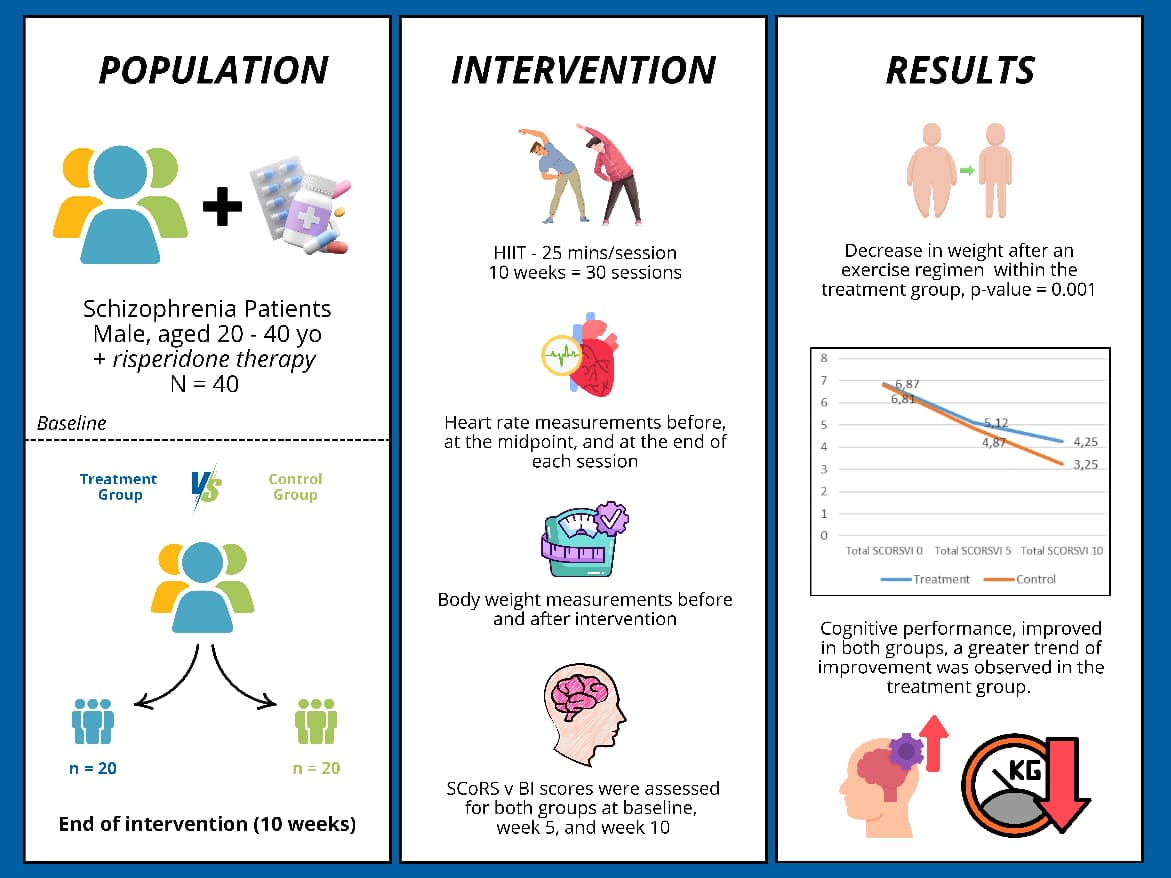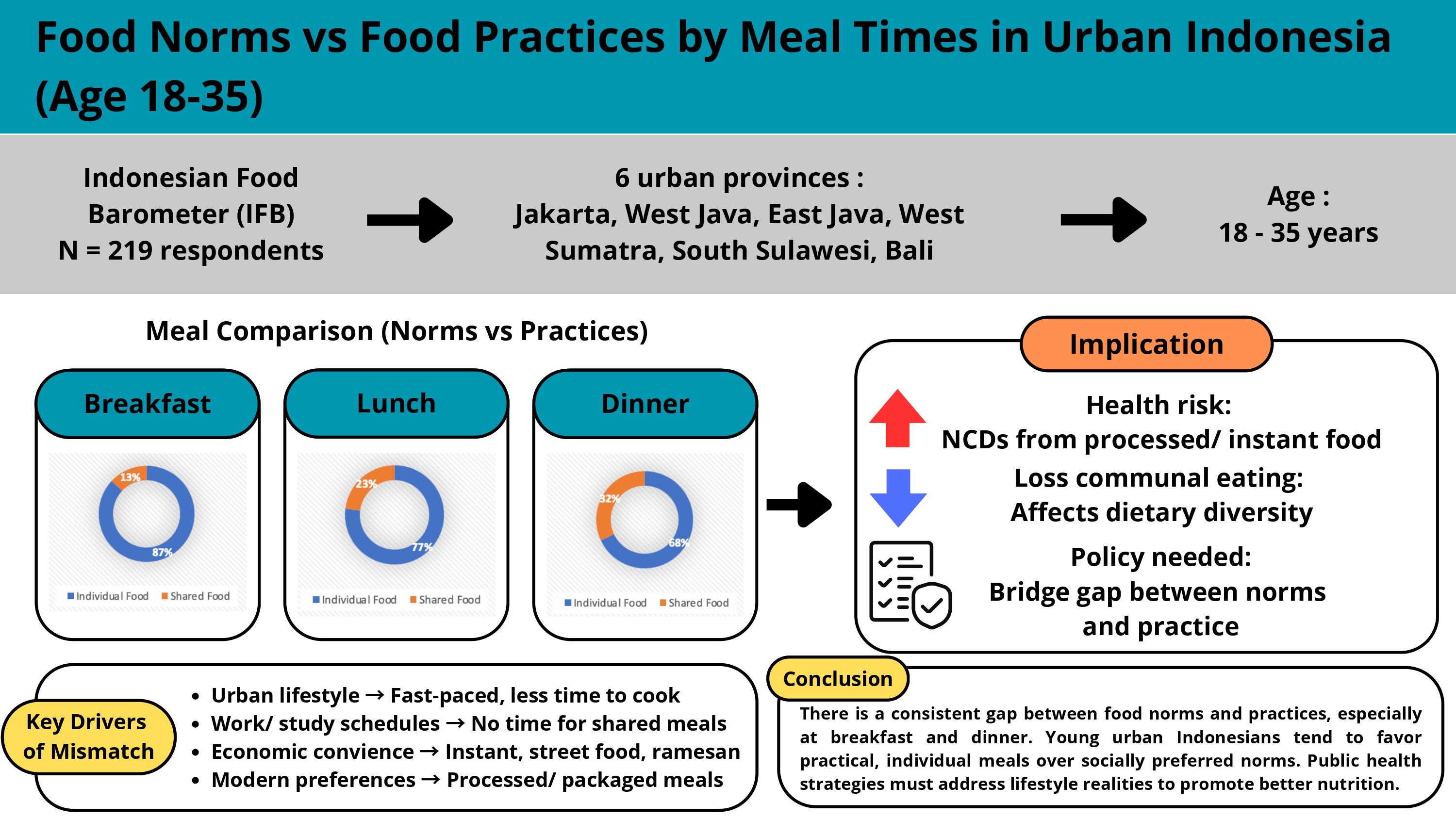KEBIASAAN SARAPAN BERHUBUNGAN DENGAN KONSENTRASI BELAJAR PADA SISWA SDN SUKOHARJO I MALANG
Downloads
Many school-aged children skip breakfast whereas breakfast is useful for improving learning concentration which leads to the improvement of their learning achievement. This study was aimed to analyze correlation between the types of breakfast with the concentration level during the learning process among students at SDN Sukoharjo I Malang. The study was conducted using cross sectional design with an analytic observational approach. The interview was conducted to 43 students of grade 5 who were randomly selected by using simple random sampling technique. Interview using 2x24 hours food recall questionaire was done to obtain the type of breakfast habit. Data on concentration level was obtained by using Clerical Speed and Accuracy Test instrument. Spearman Correlation was performed to test correlation between type of breakfast habit and concentration level. The result showed that one third respondents are having regular breakfast (37.2%). These children were also discovered to have inadequate levels of energy, carbohydrate, protein and fat. As much as 23,3% students have good concentration levels and excellent concentration levels (46.5%), although there are still some students have low levels of concentration. There was signifi cant correlation between breakfast and the level of concentration (p = 0.001). Proportion of students who have good concentration level was higher among students who have healthy breakfast compared to among those who do not have regular breakfast and no breakfast. The students' awareness about the importance of breakfast needs to be improved through physical education by the teacher.
Al-Oboudi, L. M. (2010). Impact of Breakfast Eating Pattern on Nutritional Status, Glucose Level. Iron Status in Blood and Test Grades among Upper Primary School Girls in Riyadh City. Pakistan Journal of Nutrition, 9 (2)(1680-5194), 106-111.Tersediadi:http://citeseerx.ist.psu.edu/ [sitasi 18 Desember 2016].
Arifin, L. A. (2015). Hubungan Sarapan Pagi dengan Konsentrasi Belajar Siswa di Sekolah. Jurnal-Pendidikan-Jasmani, 3 nomor 1(2338-7981), 203-207. Tersedia di: http://ejournal.unesa.ac.id/[sitasi 05 Desember 2016]
Barasi, M. (2009). At A Glance Ilmu Gizi. Jakarta: Erlangga.
Brown, J. E. (2011). Nutrition Through The Life Cycle. University of Minnesota: Wadsworth Cengage Learning.
Evans, S. (2009). Nutrition A Lifespan Approach. British Library: Wiley-Blackwell.
Faizah, S. (2014). Hubungan Antara Kebiasaan Sarapan Pagi Dan Kebiasaan Jajan Terhadap Prestasi Belajar Siswa Sekolah Dasar SDN Banyuanyar III Surakarta.UMS ETD-db, volume 1: 47. Tersedia di: http://eprints.ums.ac.id/ [sitasi 07 Juli 2016].
Gunarsa, S., & Gunarsa, Y. (2010). Psikologi Perkembangan Anak dan Remaja (14 ed.). Jakarta: Gunung Mulia.
Hakim, T. (2003). Mengatasi Gangguan Konsentrasi. Jakarta: Puspa Swara.
Hardinsyah., Aries, M. (2012). Jenis Pangan Sarapan dan Perannya Dalam Asupan Gizi Harian Anak Usia 6-12 Tahun Di Indonesia. Jurnal Gizi dan Pangan, 7(1978-1059), 89-96. Tersedia di: journal.ipb.ac.id/index.php/ [sitasi 18 November 2016].
Hillman, C., & Burkhalter. (2011). A Narrative Review of Physical Activity, Nutrition And Obesity to Cognition And Scholastic Performance Across The Human Lifespan. NCBI-PubMed, 2(2): 201S-6S Tersedia di: https://www.ncbi.nlm.nih.gov/pubmed/22332052[sitasi 12 Januari 2017]
Irianto, D. (2009). Panduan Gizi Lengkap. Yogjakarta: PT Andi Offset.
Istiany, A., Rusilanty. (2013). Gizi Terapan. Bandung: PT Remaja Rosdakarya.
Khomsan, A. (2010). Pangan dan Gizi Untuk kesehatan. Jakarta: Grafindo Persada.
Kleinman, R. (2013). Manfaat Sarapan Untuk Prestasi Anak.Tersedia di: http://www.parenting.co.id/article/artikel/manfaat.sarapan.untuk.prestasi.ana k/001/004/267 [sitasi 17 November 2016].
Koop, C.E. (2012). Bright Futures: Guidelines for Health Supervision of Infants, Children And Adolescents. Georgetown: National Center for Education in Maternal and Child Health.
Lembaga Psikologi Terapan Universitas Wisnuwardhana. (2005). Clerical Speed And Accuracy Test. Malang: Universitas Wisnuwardhana
Mariza, Y. Y& Kusumastuti, A. C. (2012). Hubungan Antara Kebiasaan Sarapan dan Kebiasaan Jajan dengan Status Gizi Anak Sekolah Dasar di Kecamatan Pedurungan. Journal of Nutrition College, volume 2 nomor 1, 207-213. Tersedia di: http://download.portalgaruda.org/article [sitasi 18 November 2016].
Marmi. (2014). Gizi dalam Kesehatan Reproduksi. Yogjakarta: Pustaka Pelajar.
Pardede, E. (2013). Tinjauan Komposisi Kimia Buah dan Sayur: Peranan Sebagai Nutrisi dan Kaitannya dengan Teknologi Pengawetan dan Pengolahan. Journal VISI, 21 nomor 3(0853-0203). Tersedia di: http://akademik.uhn.ac.id/[sitasi 18 Desember 2016].
Santoso, A. (2011). Serat Pangan (Dietary Fiber) dan Manfaatnya Bagi Kesehatan. Magistra, No.75 Th.XXIII(0215-9511), 35-40 Maret. Tersedia di: http://journal.unwidha.ac.id/ [sitasi 19 Desember 2016].
Santrock, J.W. (2008). Perkembangan Masa Hidup. Jakarta: Erlangga.
Setiawan, M.N & Haridito, I. (2015). Hubungan Status Gizi dengan Tingkat Kosentrasi Belajar Siswa. E-Journal Unesa-Jurnal Kesehatan Olahraga, volume 3 nomor 1. Tersedia di: http://ejournal.unesa.ac.id/[sitasi 24 Desember 2016].
Shinta, A. (2010). Identifikasi Angka Kecukupan Gizi dan Strategi Peningkatan Gizi Keluarga di Kota Probolinggo. Indonesian Journal of Human Nutrition, 7 nomor 1(1829-9946), 1-5 Tersedia di: http://agribisnis.fp.uns.ac.id/ [sitasi 12 Januari 2017].
Slameto. (2010). Belajar dan Faktor-Faktor yang Mempengaruhinya. Jakarta: Rineka Cipta.
Sriwahyuni., Indriasari, R., Salam, A. (2013). Pola Konsumsi Buah dan Sayur Serta Asupan Zat Gizi Mikro dan Serat Pada Ibu Hamil di Kabupaten Gowa. Jurnal MKMI, 1-15 Tersedia di: http://repository.unhas.ac.id/ [sitasi 23 November 2016]
Sukiniarti. (2015). Kebiasaan Makan Pagi Pada Anak Usia SD dan Hubungannya Dengan Tingkat Kecerdasan. Jurnal Pendidikan Biologi Indonesia, 1 nomor 3(2442-3750), 315-321. Tersedia di: http://download.portalgaruda.org/article [sitasi 11 Januari 2017].
Syafitri, Y., Hidayat, S., & Baliwati, Y. (2009). Kebiasaan Jajan Siswa Sekolah Dasar. Jurnal Gizi dan Pangan, 4(3), 167-175 Tersedia di: http://download.portalgaruda.org/article [sitasi 22 November 2016].
World Health Organization. (2006). Penyakit Bawaan Makanan Fokus Pendidikan Kesehatan. Jakarta: EGC.
Wiarto, G. (2013). Budaya Hidup Sehat. Yogyakarta: Gosyen Publishing.
Wiyani, & Ardy, N. (2013). Manajemen Kelas Teori dan Aplikasi untuk Menciptakan Kelas Kondusif. Jakarta: Ar-ruz Media.
- MEDIA GIZI INDONESIA Journal is the copyright owner of all materials published on this website.
- The formal legal provisions for access to digital articles of this electronic journal are subject to the terms of the Creative Commons Attribution-NonCommercial-ShareAlike license (CC BY-NC-SA 4.0), which means that MEDIA GIZI INDONESIA Journal and readers reserve the right to save, transmit media / format, manage in database, maintain, and publish articles as long as it continues to include the name of the Author.
- Printed and published print and electronic manuscripts are open access for educational, research and library purposes. In addition to these objectives, the editorial board shall not be liable for violations of copyright law.


2.png)















